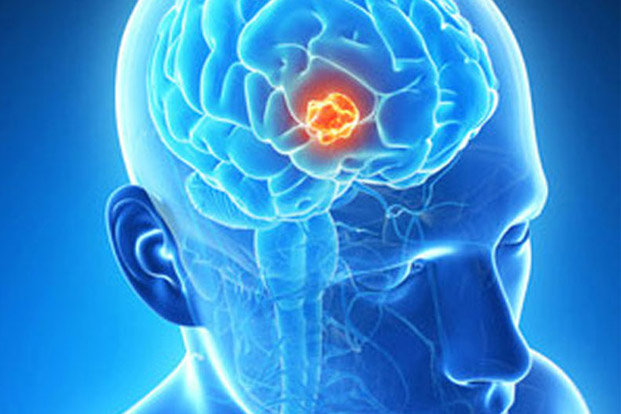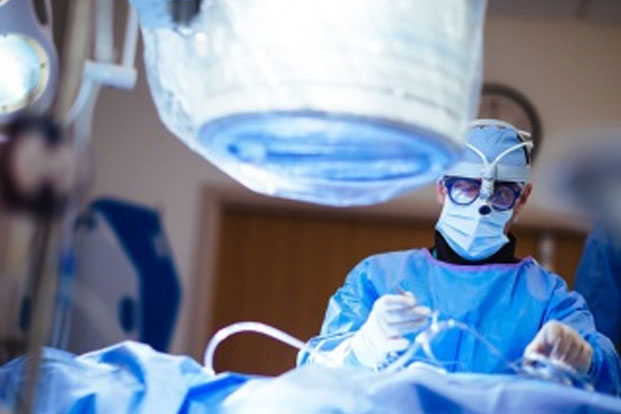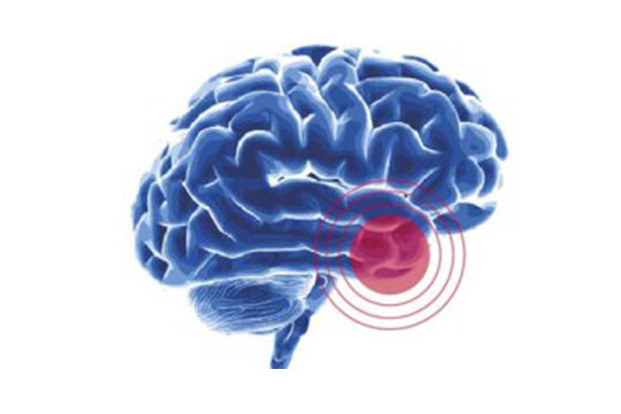Categories
- Bariatric Surgery (11)
- Black Fungus (5)
- Bone Marrow transplant (3)
- Brain Tumor Surgery Navigation Technology (20)
- Cardiac Surgery (66)
- Cardiology (97)
- Computer navigation technology for joint replacements (20)
- Covid Vaccination (17)
- Critical Care (2)
- Dental (19)
- Dermatology (31)
- Dialysis Support Group - “UTSAAH” (11)
- Dietitian (33)
- Emergency Medicine (4)
- Emotional Health (11)
- Endocrinology (33)
- ENT (20)
- Gastroenterology and GI Surgery (53)
- General and Laparoscopic Surgery (21)
- General Surgery (4)
- Gynecology & Obstetrics (183)
- Hematology (20)
- Internal Medicine (294)
- Kidney Transplant (50)
- Kidney Transplantation (20)
- Lung Cancer (8)
- Minimal Invasive Surgery (1)
- Mother & Child (20)
- mucormycosis (5)
- Nephrology (61)
- Neurology (147)
- Neurosurgery (68)
- Nutrition and Dietetics (107)
- Omicron Variant (1)
- Oncology (288)
- Ophthalmology (10)
- Orthopaedics & Joint Replacement (86)
- Paediatrics (59)
- Pediatric Nephrology (3)
- Physiotherapy (5)
- Plastic & Reconstructive Surgery (6)
- Psychiatry and Psychology (90)
- Psychologist (28)
- Pulmonology (72)
- Rheumatology (13)
- Spine Services (21)
- Transradial Angioplasty (16)
- Urology (84)
Query Form
Posted on Apr 19, 2022
Life after a Brain Tumor Surgery
Care & recovery post a brain surgery
After a brain surgery, it takes times for a patient to revert to his/her normal energy levels. Healing needs additional rest.
The time needed for recovery after a brain surgery varies from person to person and depends on-
- Procedure used for removal of brain tumor
- Location of tumor in the brain
- Areas of brain that are affected by surgery
- Age and overall health of the patient
One of the most common queries of patients and relatives remain the length of hospital stay. Usually, patients can expect to stay at the hospital for around 2-5 days. The precise length of hospital stay is dependent on many factors like the type of surgery done and if the patient faced any complications or needs further treatment.
Our team of doctors and nurses gives expert care to every patient during their hospital stay. Prior to their discharge from the hospital, they give detailed and valuable home care instructions.
Critical Care Unit (CCU) – The care post a brain tumor surgery
After surgery patients shall begin with the recovery process in the hospital’s Critical Care Unit. A team of doctors and nurses specially trained in neurosurgery & critical care take care of patients with life-threatening conditions and who need constant monitoring and comprehensive care, provide a very high level of the 24×7 intensive car.After CCU, patients continue healing in neurosurgery nursing units of the hospital.
Rehabilitation Therapy – The right care you need to get back to your feet
Brain tumor and surgeries for brain tumors may lead to problems with feelings, thoughts, behaviours and weakness of limbs. Post surgery, patients may require assistance in their recovery. Rehabilitation specialists such as physical therapists and occupational therapists at the hospital provide assistance.
Physical therapists assess the ability of patients to safely walk and climb stairs prior to their discharge from the hospital. They also assist patients in improving their balance and strength.
Occupational therapists assess the ability of patients in performing daily activities like getting dresses, getting in or out from shower and using the toilet. These therapists also test the vision of patients and their though skills for determining if the patients can revert to work or other challenging activities.
The doctors and therapy team of the patients help them prepare for leaving the hospital. Some patients need additional rehabilitation after that.
Returning home – Taking precautions and being healthy
Prior to the discharge of patients, their doctors and nurses teach their families about home care and what they can expect during the recovery process. These instructions also cover when to ring the emergency of call the doctor-

Call Emergency immediately if the patient–
- Has problem in breathing
- Has a seizure which he did not have earlier
- Has more seizures than normal
- Has a different kind of seizure than normal
Call the doctor if the patient–
- Has problem peeing or urinating
- Can’t control the schedule of bowel movement or urination
- Has trouble recalling things or is confused
- Gets hallucinations
- Has major changes in behavior or mood
- Has problems in vision or hearing
- Gets much more tired than m=normal or finds problems waking up
- Vomits or is nauseous
- Feels weakness in arms or legs or has trouble walking
- Has more headaches than normal
- Has tingling feeling or numbness on face, arms and legs
- Has a seizure or fants
- Has problems talking
- Has stiff neck, Is more sensitive to light or has fever over 100.5 degree F or 38 degree celcius
- Has a red, painful or swollen calf



